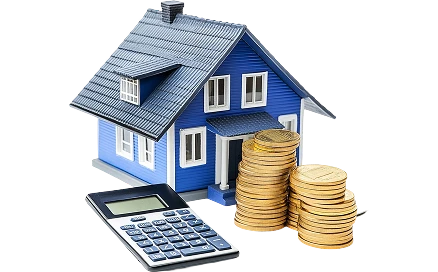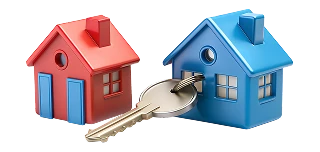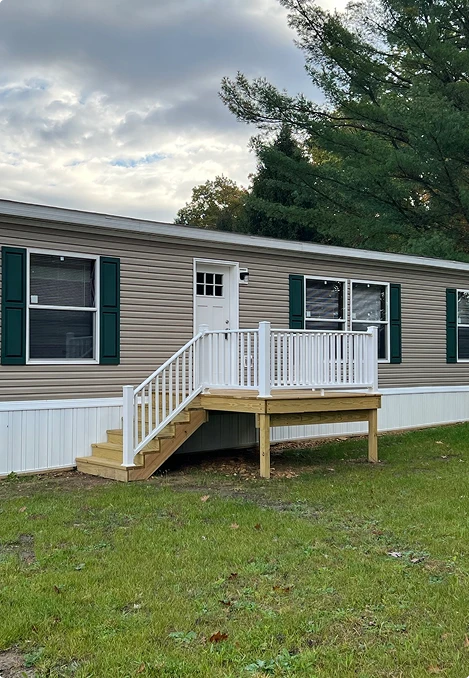How Tri-County Can Help
Guidance, Referrals, and Clear Home Pricing
While Tri-County Homes doesn’t issue loans, we do everything we can to make financing your modular home smoother and less overwhelming. From accurate pricing to lender referrals, we’re here to help you feel confident throughout the process.
We start with clarity. Every home quote from Tri-County includes detailed pricing for your chosen floor plan, custom options, delivery, and site-related work. There are no vague estimates—just honest numbers that help you and your lender understand the full financial picture.
Need help finding a lender? We work with several banks and credit unions familiar with modular and construction-to-permanent loans. If you’re looking for a financing partner who understands how these projects are structured, we’re happy to point you in the right direction.
And once you’re working with a lender, we’re available to provide the documents and specs they may need—like home plans, site prep details, or build timelines. Our goal is to make your financing process as informed and efficient as possible.
At every stage, Tri-County offers the same support and transparency we bring to the homebuilding experience—so you can move forward with clarity and peace of mind.





